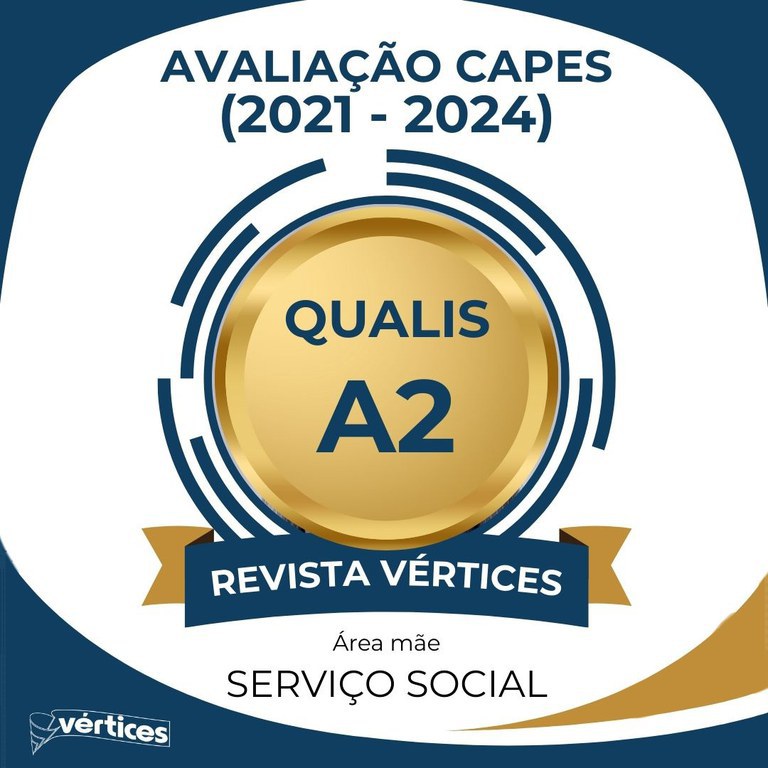Laboratórios Didáticos de Ciências - O Computador na Sala de Aula
DOI:
https://doi.org/10.5935/1809-2667.19990008Keywords:
.Abstract
Não há como protelar a chegada dos computadores nas Escolas. Esse fato cria tendências que apontam para uma mudança na Educação que não será mais a mesma depois da inclusão desses nos ambientes de sala de aulas. A questão inclui o fato de que muitos pontos de difícil desenvolvimento, como algumas etapas nos Laboratórios tradicionais podem transformar-se em tarefas agradáveis quando utilizamos o dinamismo do computador. Pretendemos discutir a ação em momentos atuais de situações que envolvem o dia-a-dia de alguns Laboratórios de Ciências baseados no Microcomputador, que se criaram em muitas Escolas do nosso país. Essa tentativa de levar o computador para a sala de aula apresenta grandes vantagens desde que esses ambientes possam estar inseridos em propostas pedagógicas de professores, pedagogos e equipe de suporte, iniciando suas atividades desde a etapa de planejamento dos espaços a serem utilizados, e até a metodologia de trabalho bem definida.Downloads
References
ASTOLFI, J. D., DEVERLY, M. A. A Didática das ciências. Campinas/SP: Papirus, 1991.
FOUREZ, G. A construção das ciências: introdução à filosofia e a ética das ciências. São Paulo: UNESP, 1995.
HUDSON, D. "Is there a scientific method?" Education in Chemistry, v. 19, n. 4, p. 112-116, 1982.
OGBORN, Jon. Modelling with the computer at all ages. Portgal Phys., v.21, n. 3/4, 1992.
PESSOA, C., PEREZ, G. Formação de professores de ciências. São Paulo: Cortez, 1993.
ROITMAN, Riva. "Preparo de professores: desafio da nova tecnologia". In: Simpósio Brasileiro de Informática, 1., 1990.
THOMTON, Ronald K. Tools for Scientific Thinking, v.4/6, jun 1986.
Downloads
Published
Issue
Section
License
The authors of the manuscript submitted to Vértices, hereby represented by the corresponding author, agree to the following terms:
The authors retain the copyright and grant Vértices the right of first publication.
At the same time the work is licensed under the Creative Commons Attribution 4.0 International License, allowing third parties to copy and redistribute the material in any medium or format and to remix, transform, and build upon its content for any legal purpose, even commercially, provided the original work is properly cited.
Authors will not receive any material reward for the manuscript and Essentia Editora will make it available online in Open Access mode, through its own system or other databases.
Authors are authorized to enter into additional contracts separately for non-exclusive distribution of the version of the work published in Vértices (eg, publish in institutional repository or as book chapter), with acknowledgment of authorship and initial publication in this journal.
Authors are permitted and encouraged to disseminate and distribute the post-print (ie final draft post-refereeing) or publisher's version/PDF at online information sources (eg, in institutional repositories or on their personal page) at any time after the first publication of the article by Vértices.
Essentia Editora may make normative, orthographic and grammatical changes in the originals in order to maintain the standard language, with the final consent of the authors.
The content and opinions expressed in the manuscript are the sole responsibility of the author (s).
























1.png)



